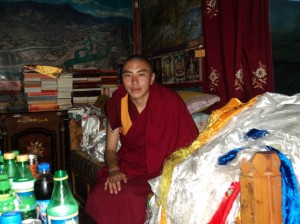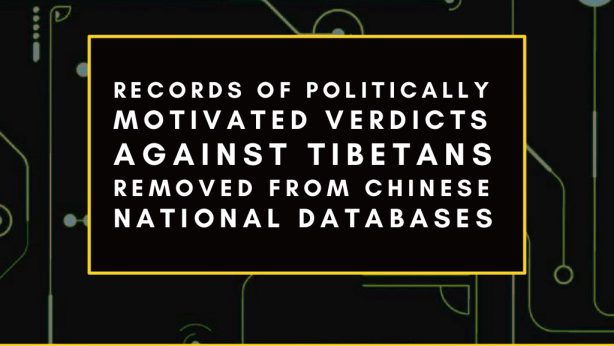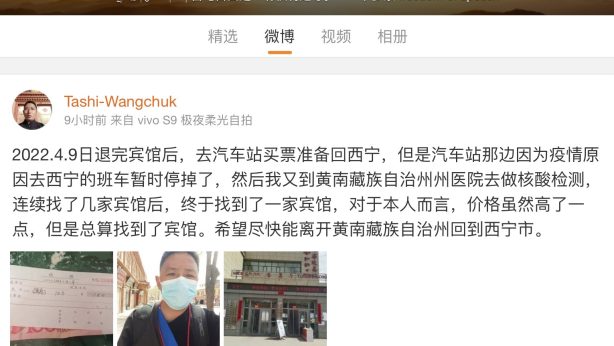China expands new measures to directly control Tibetan monasteries

Chinese authorities in Yulshul (Ch: Yushu) Tibetan Autonomous Prefecture, Qinghai Province, in the Tibetan province of Kham has begun implementing new repressive measures introduced in late 2011 to directly control and manage Buddhist religious institutions in Tibet.
A source with contacts in Tibet told TCHRD that in recent months Chinese officials have been visiting Kyegudo and giving orders to Tibetan monasteries particularly those located in Trindu (Ch: Chenduo) County to replace all the monastic staff and management committee members with government and party appointees by 7 June 2014.
At Nyatso Zilkar Monastery located at Dzatoe (Ch: Zaduo) Township in Trindu County, a government appointed Monastery Management Committee (MMC) has already replaced the previous Democratic Management Committee (DMC) whose term of five years had not expired. The replacement took place earlier this month although TCHRD is unable to immediately confirm the exact date due to extreme restrictions on communication channels. The authorities accused the previous management committee of failing to maintain stability since numerous protests including self-immolation had occurred at the monastery in recent years notably in 2012 when Nyatso Zilkar monks were arbitrarily detained, beaten up, and sentenced including Tsultrim Kalsang, 25, who was sentenced to 10 years in prison.
The source reported that the authorities, citing new regulations, initially insisted that the government would appoint a Chinese official to head the MMC while village heads in Dzatoe Township would elect the rest of the committee members. In reality, the committee members were elected according to the decisions taken by the Township and County officials; the village leaders had little say in recommending their choice of candidates, let alone elect them. The head of the MMC is now a government appointed Chinese official who now wields the administrative power and authority hitherto held by the abbot of the monastery.
Under these measures, officials and cadres appointed by the Chinese government and the party authorities directly oversee and make decisions on the day-to-day operations and administration of Tibetan monasteries. The move is part of establishing what China calls as Monastery Management Committees ((Ch: zhusi danwei) aimed at creating politically stable ‘harmonious monasteries’ and ‘advanced, law-abiding monks and nuns’. Under the old policy, in many of the monasteries, it was the DMC that managed and made decisions on the general administration of a monastery. DMCs differ from MMCs in a major way, that is, the DMC staff members, although nominated by the government and party authorities, were elected by the monks themselves. In contrast, monks have no say in the appointment of MMC officials.
In early 2012, Chinese media reported that since November 2011, the Chinese government had established Monastery Management Committees in 1,787 monasteries in Tibet Autonomous Region (TAR). “It is under the mission of establishing harmonious monasteries that we are stepping up these committees,” Luobu Dunzhu, a director with the office of religious affairs under the TAR United Front Work Department was quoted as saying in the report. In late 2012, the Buddhist Association of China (BAC) passed a regulation that gives the government and Party organs at multiple levels the authority and power to appoint religious instructors in Tibetan Buddhist institutions. In March 2013, TAR authorities reported that the new religious measures have proved effective in stemming unrest at religious institutions in TAR.
Official Chinese media reports had quoted the TAR religious bureau and United Front Work Department officials as saying that the goal of the new policy was to ‘instill love and patriotism towards the Motherland in the minds of monks and nuns and destroy the forces of separatism.’ Political education classes have since been intensified and monks and nuns are subjected to frequent political study sessions.


